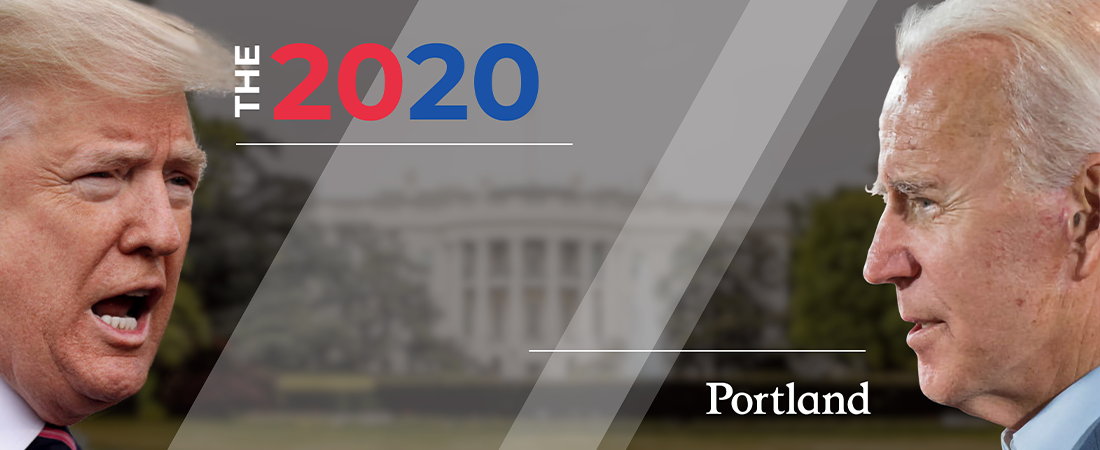The future of US-EU trade relations
TRUMP
President Donald Trump views the EU as an existential threat to America’s workers. Its common agricultural policy harms American farmers while America’s openness to European cars is not reciprocated by the continental bloc. This line of thinking led Trump to place tariffs on European steel and aluminum imports, threaten tariffs on German cars, and enact punitive measures on French wines and luxury goods. The EU has borne the brunt of Trump’s mercantilism more than any other bloc besides China.
The root of the problem is ideological. US Trade Representative Robert Lighthizer and other Republicans see the EU as an agricultural subsidy union where the social democratic practices of government support for industry is antithetical to the American economic model. The only way to remedy this, much like the approach to China, is with punitive tariffs to force a change of behavior. One example of this is the trade dispute over subsidies to Airbus where the US instituted $7.5bn of tariffs on European goods in line with a recent WTO ruling. Europe won its own case and responded with tariffs on $4bn of American goods.
The US and EU have found some success in negotiating bilateral arrangements in the Trump administration such as an important agreement over US lobsters. Of greater issue is Germany’s soft stance toward China. A second Trump term would see the economic tension with China accelerate, forcing Europe to choose sides. Failure to side with America will lead to further escalation into a full-blown trade war between the US and the EU. Conversely, unity on China would be one area to generate goodwill with the Trump administration. Other areas where progress could be made include lowered entry barriers for three US sectors: energy, manufacturing and agriculture.
The deep policy divides between Trump and the EU are likely to scuttle any substantial deal but smaller bilateral agreements like that agreed by Trump and former European Commission President Jean-Claude Juncker will be a focal point of US-EU trade relations from 2021-25.
BIDEN
Biden is an avowed Atlanticist who would instantly revive relations with European capital through the banal platitudes that set Brussels buzzing. On substantive issues, Biden’s former national security advisor, Tony Blinken, said that a Biden administration would end the “artificial trade war” with Europe. This would mean an end to steel and aluminum tariffs and threats to tax European car imports. Europeans should not however expect an abatement in the Boeing/Airbus tariff dispute given the strong congressional support for Boeing.
The single-issue disputes will not be resolved on an individual basis, instead, look for Biden to recommit to negotiations over the Transatlantic Trade and Investment Partnership (TTIP) that he helped push during the Obama administration. The convergence of Europeans and Democrats on climate issues creates an opening for harmonizing standards on energy efficiency standards, though disagreements over GMOs are likely to persist.
The rhetoric between the US and the EU would improve under Biden, but the electoral constituents he needs to satisfy are not positively disposed toward open-ended free trade agreements. Additionally, the growing anti-Americanism in some European countries will not disappear overnight presenting further issues for negotiators. Translating sunny words into concrete action will be a challenge for both sides.

